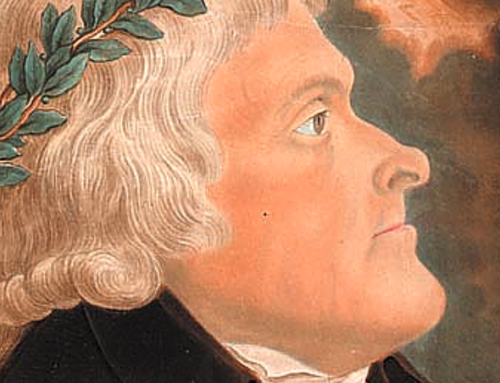What the church is to the spirit of religion, liberal learning is to the unbought grace of life—the only means for realizing the end. Where there is no liberal learning, in the long run there is no civilization—at least no civilization in our Christian and Western tradition. For some years or even generations after liberal education has been extinguished, in this country or that, the outward signs of civilization may remain, sustained by dwindling intellectual capital of the generation that is passing, or by borrowing the thought and the moral standards of nations where something of the old grace of life survives. Yet in the end, the mind of man stifles without the liberating influence of humane learning. —Russell Kirk, Prospects for Conservatives: A Compass for Rediscovering the Permanent Things
We hope you will join us in The Imaginative Conservative community. The Imaginative Conservative is an on-line journal for those who seek the True, the Good and the Beautiful. We address culture, liberal learning, politics, political economy, literature, the arts and the American Republic in the tradition of Russell Kirk, T.S. Eliot, Edmund Burke, Irving Babbitt, Wilhelm Roepke, Robert Nisbet, Richard Weaver, M.E. Bradford, Eric Voegelin, Christopher Dawson, Paul Elmer More and other leaders of Imaginative Conservatism. Some conservatives may look at the state of Western culture and the American Republic and see a huge dark cloud which seems ready to unleash a storm that may well wash away what we most treasure of our inherited ways. Others focus on the silver lining which may be found in the next generation of traditional conservatives who have been inspired by Dr. Kirk and his like. We hope that The Imaginative Conservative answers T.S. Eliot’s call to “redeem the time, redeem the dream.” The Imaginative Conservative offers to our families, our communities, and the Republic, a conservatism of hope, grace, charity, gratitude and prayer.
Editor’s note: The featured image is by enlaciudadsubterranea and is licensed under Creative Commons 2.0.







Leave A Comment